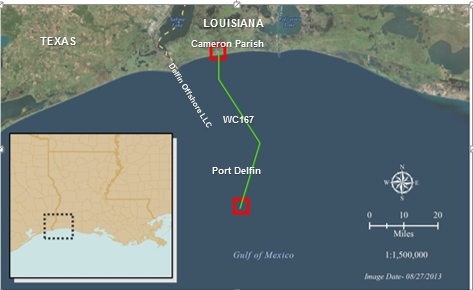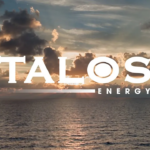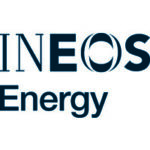Delfin deepwater LNG clears export hurdle
The U.S. Department of Energy approved a long-term application to export liquefied natural gas (LNG) from the U.S.’s first offshore project, Delfin LNG, LLC. Exports in the amount of 1.8 billion cubic feet per day (Bcf/d) of natural gas are approved from Delfin’s proposed offshore Louisiana floating LNG terminal in the Gulf of Mexico.
Development of the Delfin project offshore of Cameron Parish, Louisiana will include the construction of floating liquefaction and storage vessels. Due to its offshore location, the environmental review of Delfin was led by the Maritime Administration (MARAD) and the U.S. Coast Guard.
The project

Delfin LNG is proposing the first offshore floating natural gas liquefaction project in the United States. The Delfin LNG Deepwater Port project has four main parts, according to the company:
- Newly built onshore gas compression on existing site (brownfield)
- The use of existing 42-inch pipelines to transport natural gas nearly 50 miles offshore
- The offshore port complex comprised of four moorings
- Four floating LNG vessels (FLNGVs) with total export capacity of 13 million metric tonnes per year
Delfin initiated the purchase of the UTOS Pipeline (now Delfin Offshore Pipeline) from Enbridge Inc. in 2012 and closed the transaction in 2014. The pipeline was originally built to transport gas from offshore wells in the Gulf of Mexico into the U.S. natural gas market.
Delfin LNG plans to build an onshore compression facility to reverse the flow of the pipeline to deliver processed gas from onshore sources to the Delfin LNG Deepwater Port.
The Delfin LNG Deepwater Port will receive natural gas from the Delfin Offshore Pipeline and have four mooring facilities for FLNGVs. The FLNGVs moored at the port will have the capacity to liquefy and store natural gas. Periodically, the LNG will be transferred from storage tanks on the FLNGV to an LNG carrier where it will be delivered to global customers.
Delfin reported receiving its Final EIS in November 2016. The company expects the project to be operational in 2021/2022.
Delfin LNG is led by Frederick Jones, a 40-year veteran of the international commodity trading business and energy infrastructure in the United States, Asia and Africa. Delfin’s CFO is Matt Weil, former energy, shipping and MLP asset manager.
LNG exports from the U.S.
The Department of Energy reported that it has authorized a total of 21 Bcf/d of natural gas exports to non-free trade agreement (non-FTA) countries from planned facilities in Texas, Louisiana, Florida, Georgia, Maryland, and now, with Delfin, from the Gulf of Mexico. The Delfin project would further position the United States to become the predominant LNG supplier to the rest of the world, the DOE said in a statement.
DOE analysts expect the increase in U.S. natural gas production to continue, with the U.S. Energy Information Administration’s Short Term Energy Outlook projecting an average dry natural gas production rate of 74.1 Bcf/d in 2017, the second highest on record.
Federal law requires approval of natural gas exports to countries that have an FTA with the United States. For countries that do not have an FTA with the United States, the Natural Gas Act directs the Energy Department to grant export authorizations unless the Department finds that the proposed exports “will not be consistent with the public interest.”
The Energy Department conducted an extensive review of the Delfin LNG, LLC application. Among other factors, the Department considered the economic, energy security, and environmental impacts, including macroeconomic studies that showed positive benefits to the U.S. economy in scenarios with LNG exports up to 28 Bcf/d.
The Department determined that exports from the Delfin LNG terminal, jointly owned by the India and Singapore-based Fairwood Group and the U.S.-based Peninsula group, for a period of 20 years, was not inconsistent with the public interest.
The full final authorization for Delfin LNG, LLC, can be found under “Recent Orders” HERE.







